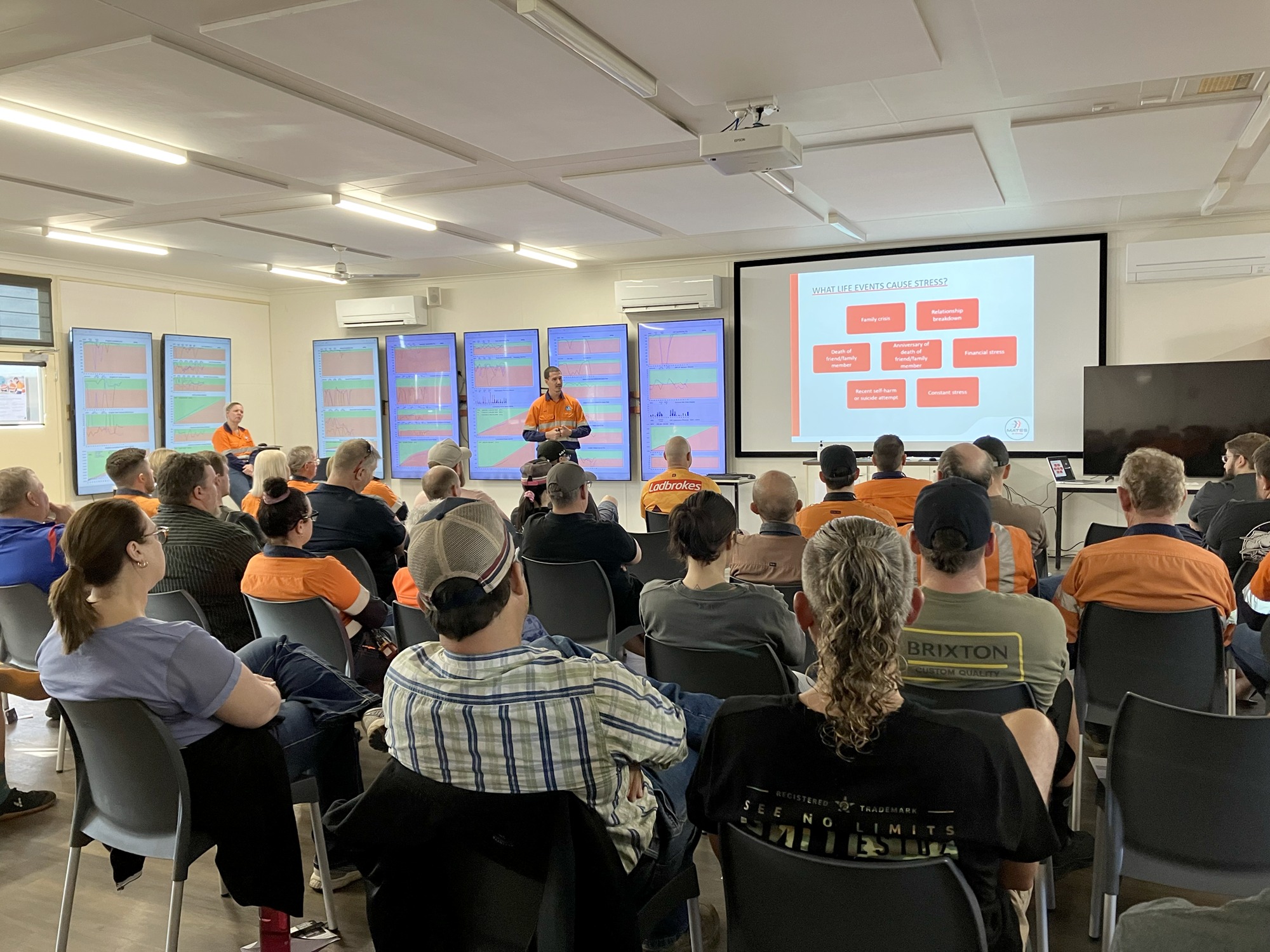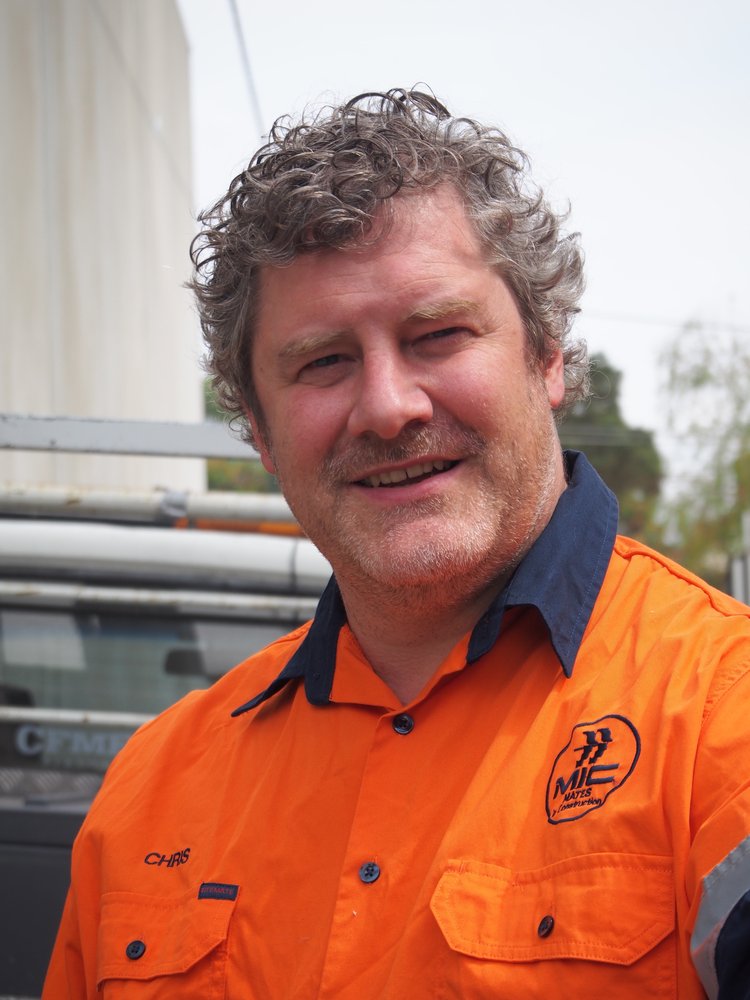

A new report suggests the rate of suicide among male mining workers may be increasing.
The Suicide in the Australian Mining Industry: A National Study report, being launched today by the Federal Government at the Ravensworth Coal Mine near Singleton, shows the mining industry has been largely overlooked by suicide research.
The report from the University of Melbourne’s School of Population and Global Health, was commissioned by MATES in Mining, Construction and Energy and is the first national study to look into suicide rates in the mining sector.
It estimates that suicide rates among mining workers is between 11 and 25 per 100-thousand workers and that rates of suicide among male mining workers may be increasing, while suicide rates for males across most other workplace categories show some decline.
MATES is a charity that was established in 2008 aiming to reduce the high level of suicide among Australian construction, energy and mining workers. MATES in Mining has rolled out a prevention program to address suicide and has so far had more than 4500 workers trained to give workers the skills to recognise the signs a workmate might be struggling with life.
MATES CEO Chris Lockwood said the report confirms why they need to be doing the work they are in the mining industry.
“Those rates are not acceptable, we need to step up and do something.
“The good thing is, we know we can do something about it. Any death by suicide has a real impact in the workplace, on everyone at the site, the family, the broader community, everyone in the Hunter would sadly know someone who has died by suicide.
“It’s a problem for all of us to step forward and do something about which is why having this research is really important to give us the confidence that not only do we know we have a problem but it’s the right thing that we are stepping forward to do something about it.
“We’ve been lucky that Glencore and others have stepped forward and said this is something we need to do something about,” Chris Lockwood said.

So far, 4500 Glencore employees have gone through the training program rolled out by MATES.
“Those workers that have been trained have developed an active community of care on site, those workers are mates looking after mates and when they see someone struggling they know how to step in, they have the skills and the confidence to get someone the help they need when they need it.
“10 per cent or more of the workers who undertake the program step up as volunteers and become the active advocates for the program on site.
“They’re not only working on site, they live in the community in the Hunter, they’re the mums, dads, aunties, partners, uncles, they’re the footy coaches, they’re part of the community, so the skills they learn on site they take into the broader community so the work we are doing here is helping the whole Hunter step forward and tackle real issues,” Chris Lockwood said.
He said MATES would now advocate for more detail on specific industries to be routinely collected in coronial data to enable more rigorous assessment of industry as well as occupational patterning of suicide.
If you or someone you know is struggling contact LIFELINE on 13 11 14

